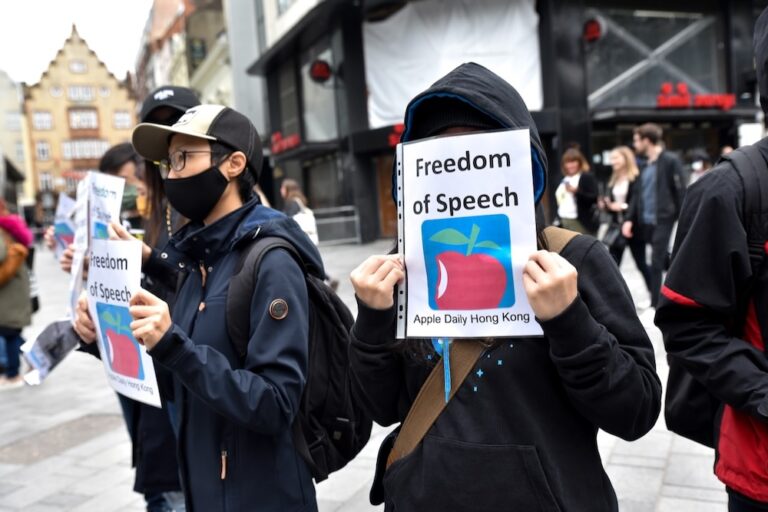"Not only journalists and writers, but even their defenders are being arrested and harassed, from Vietnam, Burma, and Cambodia to Singapore and the Philippines," deplores SEAPA.
(SEAPA/IFEX) – 3 May 2010 – World Press Freedom Day was first celebrated in 1993, established as a day not only to acknowledge the importance of free, independent media, but also to highlight the struggles and dangers journalists face to inform and empower their publics.
This year, WPFD is observed at a crucial moment for Southeast Asia. While the creation of a new human rights body for ASEAN invites hope and options for action, difficulties and challenges faced by governments, people, and communities in the region are stretching political leaders’ confidence in, and commitment to, free, independent and pluralistic media. With elections looming for Burma and the Philippines, debates about defamation of religion coming to fore in Indonesia and Malaysia, a political crisis festering and turned violent in Thailand, and national security concerns being invoked to trump all other concerns throughout the region from Vietnam to Singapore and East Timor, the values and principles that underlie this day’s annual commemoration are being tested.
The murder of 31 journalists in Maguindanao, the Philippines, last November (and some dubious turns in the still tenuous prosecution of the suspected masterminds behind the massacre) provide the most graphic backdrop to how vulnerable the region’s media and journalists remain. And yet the murder of journalists is only one form of violence against the free press that we decry on this day. Throughout the region journalists and media workers suffer physical threats, social ostracism and deionization, imprisonment, detention, and legal harassment. Indeed, not only journalists and writers, but even their defenders – lawyers and human rights advocates – are being arrested and harassed, from Vietnam, Burma, and Cambodia to Singapore and the Philippines.
National security laws–anti-terror, internal security acts, official secrets acts, and the like–hang above the heads for journalists from Malaysia, Singapore, Vietnam, Laos, and Burma. Defamation remains a criminal offense throughout the region. Insult laws (including lese majeste in Thailand) are abused and wielded against a broad set of commentaries, rationalized as needed to preserve stability and/or protect culture and religious sensitivities, to the detriment of legitimate discussions on matters of public interest.
All such laws are now being transposed (if not strengthened) to be applicable over online and/or mobile news and commentary, in a region wide (if not worldwide) concern among governments to stem an overwhelming flow of information facilitated by new media. As journalism, media, and access to information are revolutionized in
the digital century, so, too, are government efforts to control information frantically redoubling.
To make matters worse, the threats to the region’s press come not only from states, but also from non-state actors, driven by religious, ethnic, cultural, and political intolerance, as well as a general breakdown and weakness of the rule of law. Impunity in the Philippines, where more than 100 journalists have been killed since 1986, remains attributable as much to government failures as a complex web of weak justice systems and unbridled powers on the local and community levels.


